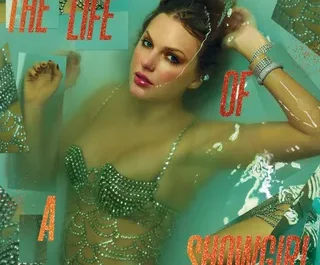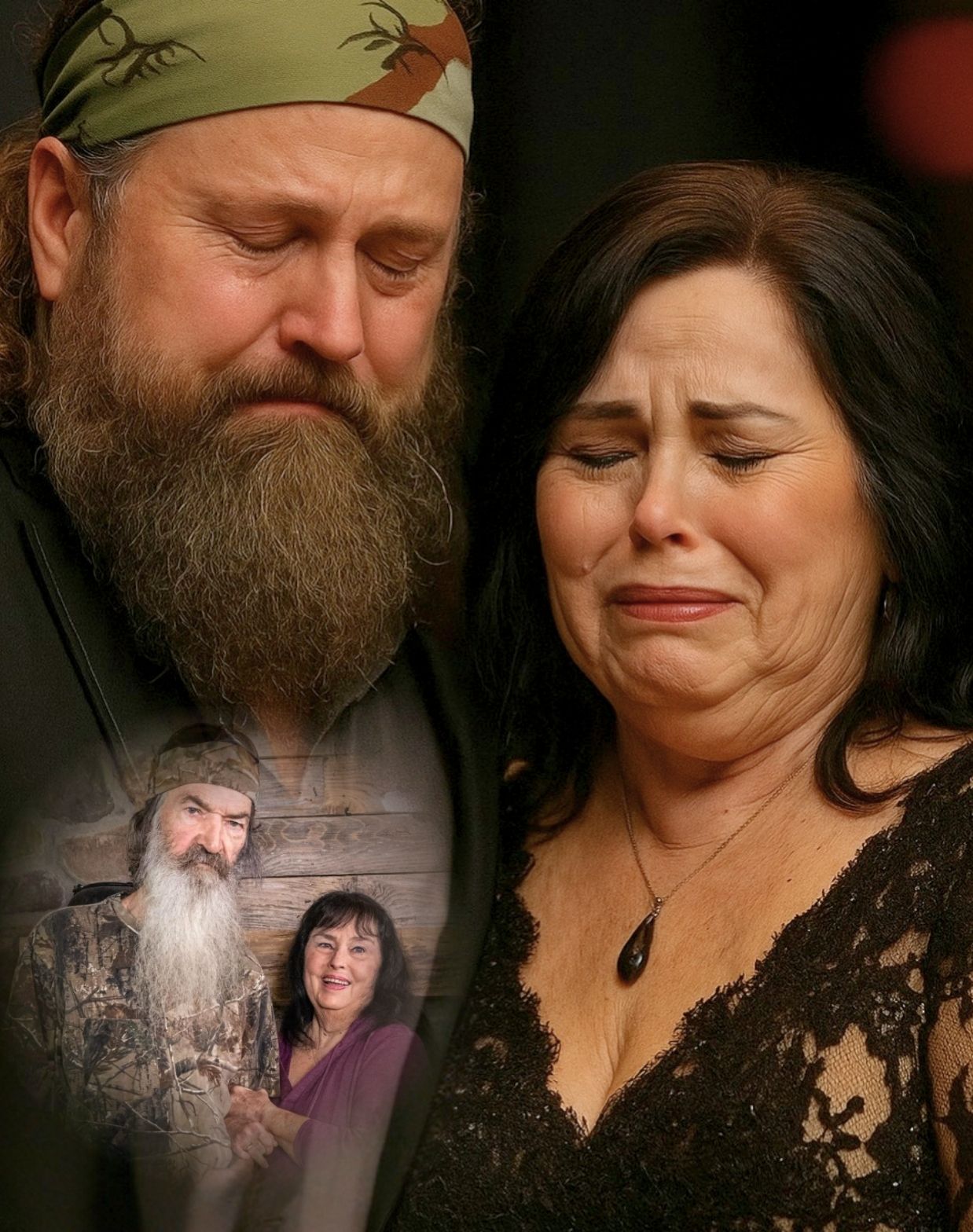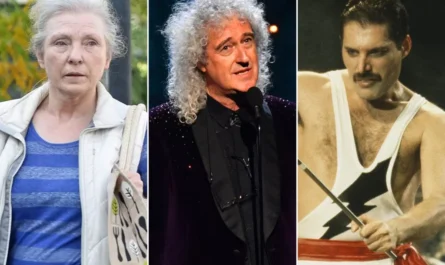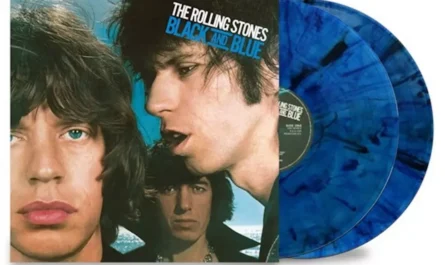A Storm of Sound, Born from Silence
There are musical moments that excite. There are collaborations that trend. And then—rarely—there are events so raw, so intimate, they shift something inside the listener. The recent unexpected union of Adele and Eminem is one of those events.
It began with whispers. A leak. A rumor. And then suddenly, it was real: Adele and Eminem had joined forces for a chilling, stripped-back cover of Alicia Keys’ emotional classic “If I Ain’t Got You.”
But this wasn’t just a cover. It was a confession.
Two Worlds, One Wound
At first glance, they couldn’t be more different. Adele, the British ballad queen with a voice soaked in longing and heartbreak. Eminem, the Detroit firestarter whose verses cut like glass and bleed with anger, regret, and truth.
But when they collided—it wasn’t a clash. It was a collapse. Of walls. Of pretense. Of everything that separates poetry from pain.
Adele’s voice carried the weight of a thousand heartbreaks, trembling yet certain, painting the world in minor chords. Each note sounded like it cracked open her chest.
And then Eminem entered—not with rage, but with restraint. His verse wasn’t loud. It was lethal. Quiet fury, whispered regret, wounds held just beneath the surface. The kind of truth that doesn’t shout. It bleeds.
The Verse That Stopped Time
“I don’t want things, I just want peace
But peace don’t come for a beast like me…”
That was the line that froze social media mid-scroll. It wasn’t just Eminem’s flow—it was the emotion that underpinned it. He wasn’t performing. He was confessing.
And Adele followed suit. As she returned to the chorus, her voice cracked just enough to let the pain in. This was not the polished pop ballad we knew. This was memory set to melody.
No Glitz. No Glam. Just Truth.
There was no grand marketing push. No flashy video. The performance was uploaded late on a Thursday night with minimal fanfare. Within minutes, Twitter was ablaze—not with trends, but with tears.
Fans described it as “a lesson in emotional reality.” One user tweeted, “I wasn’t ready to cry at 2 a.m. Adele and Eminem just baptized my soul.”
There were no filters, no overproduction, no unnecessary harmonies. Just a piano, a microphone, and two voices carrying the weight of a lifetime.
The Line That Broke the Internet
But the most devastating moment wasn’t in the song. It came after. A tweet. Simple. Stark. From Eminem to Adele:
“Not all pain screams. Some of it sings.”
No emojis. No hashtags. Just the rawest kind of poetry.
It was retweeted over 2 million times in 24 hours. Not because it was shocking, but because it was real. In an age of curated emotion, here was a man known for chaos admitting he’d found silence. And a woman known for heartbreak giving it melody.
A Moment That Rewrites the Rules
This wasn’t just a duet. It was a redefinition of what musical connection can be. It asked: What happens when two emotional juggernauts stop performing and start remembering?
The answer is: magic. Dark, holy magic.
The World Responds
Radio hosts called it “the most important musical collaboration of the decade.” Critics wrote thinkpieces overnight. Alicia Keys herself tweeted, “I didn’t think that song could break me again. But they found a new place in it I’d never touched before.”
Even fellow artists weighed in. Justin Vernon of Bon Iver tweeted, “That’s not music. That’s exorcism.”
No Promises, Just Impact
So far, there’s been no confirmation of a future Adele-Eminem project. No tour. No follow-up. And maybe that’s for the best.
Some moments don’t need sequels. They just need silence.
The silence that follows a confession. The kind that doesn’t ask for applause. Just understanding.
Why This Matters
In a world drowning in noise, Adele and Eminem gave us something still. Something bruised but unashamed. Something that didn’t need a beat drop to make your heart skip.
They reminded us that vulnerability is louder than volume.
And when Adele softly sings, “If I ain’t got you,” and Eminem answers not with bravado, but a whisper of regret—you feel it. Not in your ears. In your bones.
Music That Doesn’t End When the Song Does
As the final note faded, listeners didn’t just hear the song—they carried it. Into their homes. Into their relationships. Into their own scars.
Because that’s what true art does.
It doesn’t perform.





